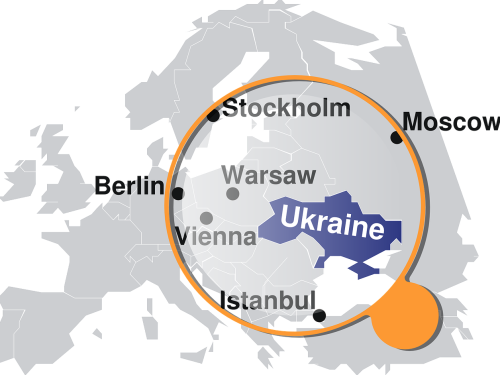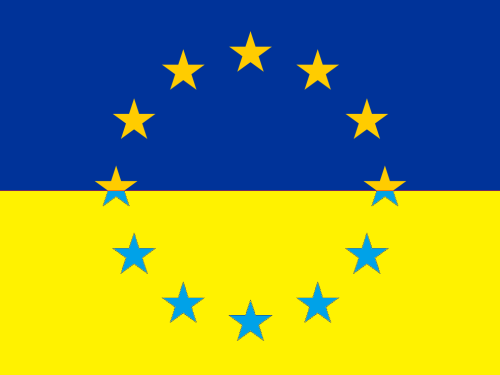
Anyone remotely familiar with EU foreign policy will be no stranger to invocations of European values underpinning, and, indeed, driving, European external action. From policies on climate change and agriculture to trade to defence and security, the rhetoric generated by various EU bodies typically elucidates a “set of common values” that the respective policies promote or embody. A crucial nuance is that ‘values,’ which have been incorporated into the primary law of the European Union through the Lisbon Treaty, are juxtaposed to ‘interests.’ This juxtaposition often means that if and when the EU fails to live up to its much-touted values, it is charged with ‘hypocrisy.’ The inconvenient truth, however, is that like all actors, Europe has interests as well as values, and these are frequently at odds with each other across virtually every policy area. More often than not, interests, far from being ‘inspired’ by values, have proven insular, short-sighted, and at times downright mercenary. At the same time, it is naïve to expect Europe’s policymakers to pay more attention to the plight of Syrian refugees than domestic populations’ preoccupation with keeping their own welfare and prosperity undisturbed by crises engulfing much of the world outside the Continent. The solution, it would then seem, lies in doing away with the gratuitous narrative emanating from Brussels that continues to raise unjustified expectations by placing values at the rhetorical heart of European foreign policy.

